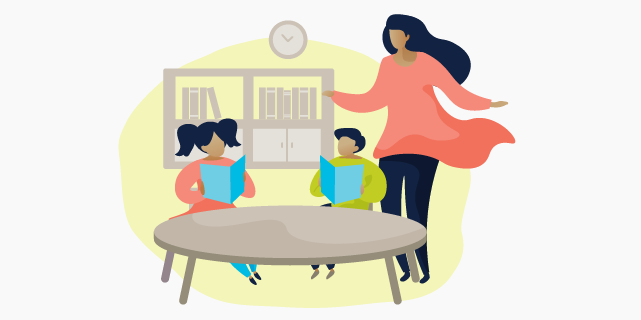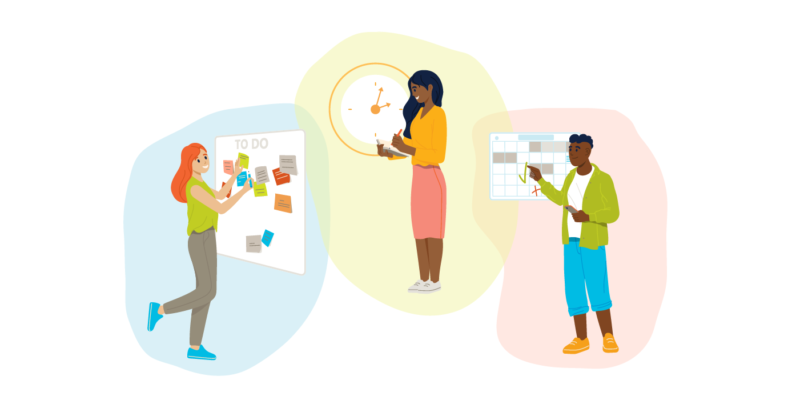
The Emergent Bilingual Experience
In today’s Voices of Compassion episode, we celebrate the power of bilingualism as a strength rather than a challenge. Join us in a conversation with doctoral psychology intern at CHC, Chelsea Yanuaria. Chelsea is a mental health professional who provides Read more >>











